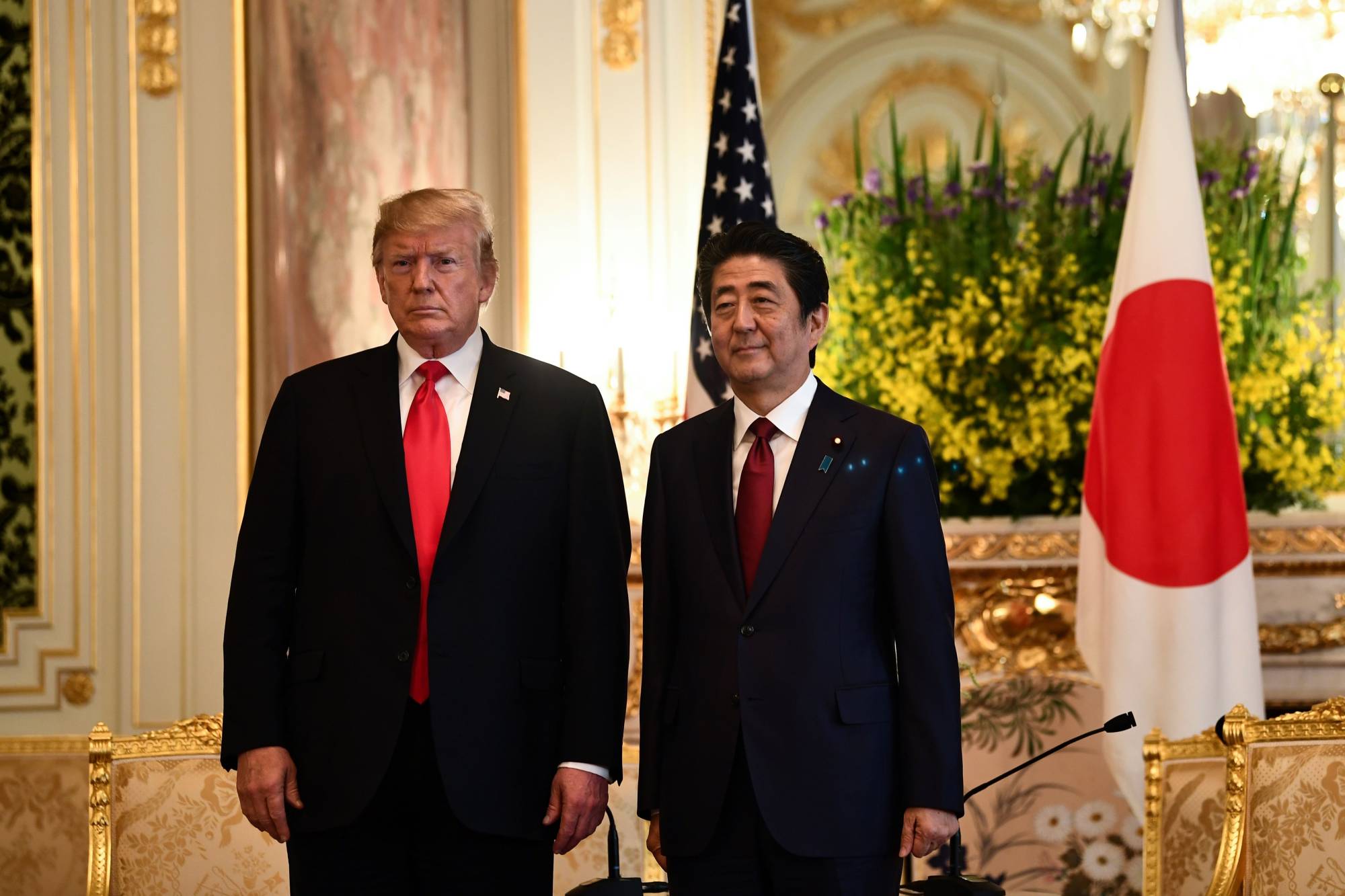In a parliamentary democracy, the political weather can change overnight. The sudden announcement of Prime Minister Shinzo Abe’s resignation on Aug. 28 has rewritten political weather forecasts both in the ruling and opposition parties. A new power game has begun in Tokyo.
That said, the endgame of this political game is probably easier to predict than the 2020 U.S. presidential election. This time, Abe resigned out of his deep sense of responsibility. Eight years of his foreign policy has made Tokyo more influential, trusted and even respected than any other period in Japan’s post-World War II diplomatic history.
Why was he so successful in foreign policy? Was it just good luck? What made the difference? Who will succeed Abe as prime minister? And, ultimately, what will their foreign policy look like?



















With your current subscription plan you can comment on stories. However, before writing your first comment, please create a display name in the Profile section of your subscriber account page.